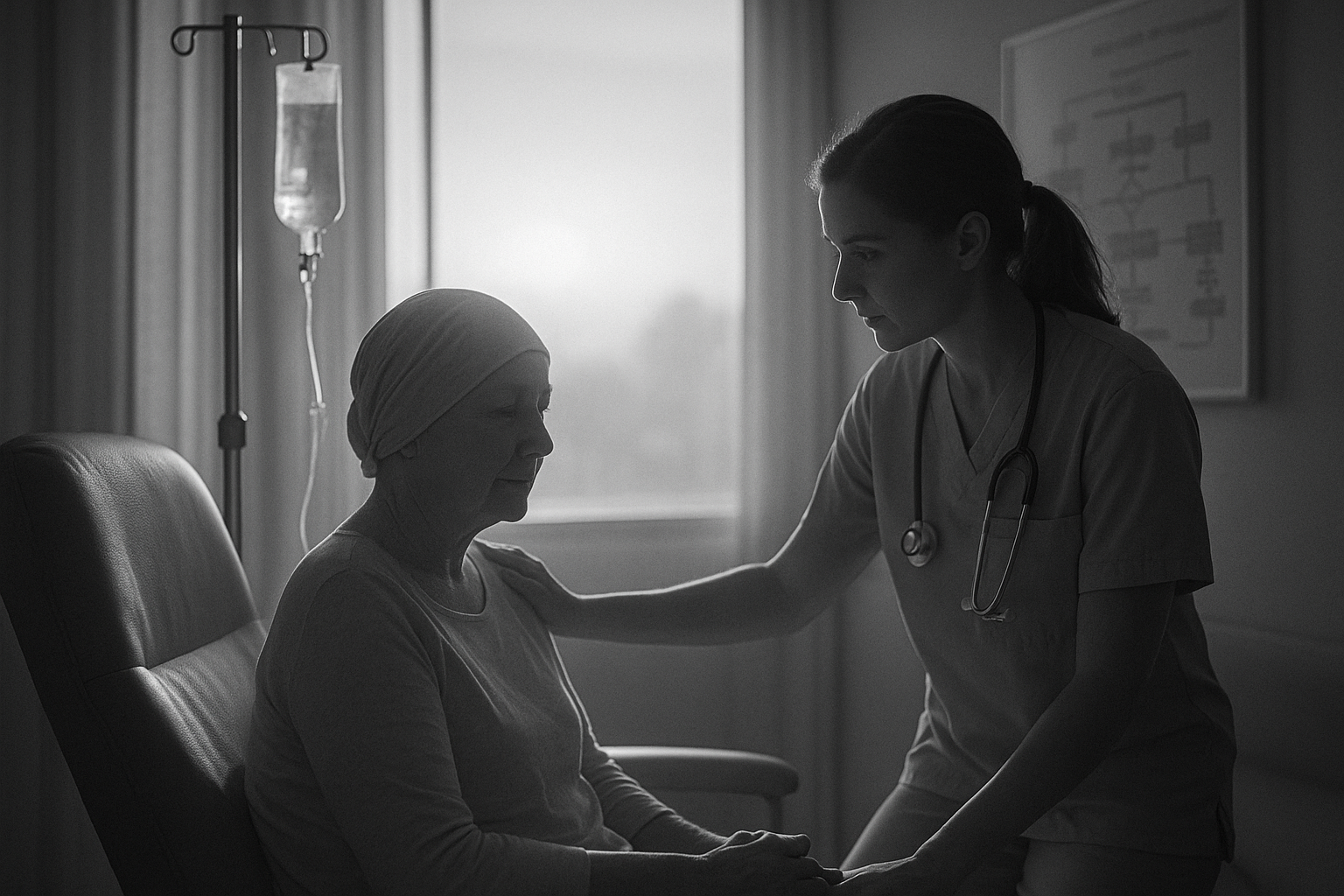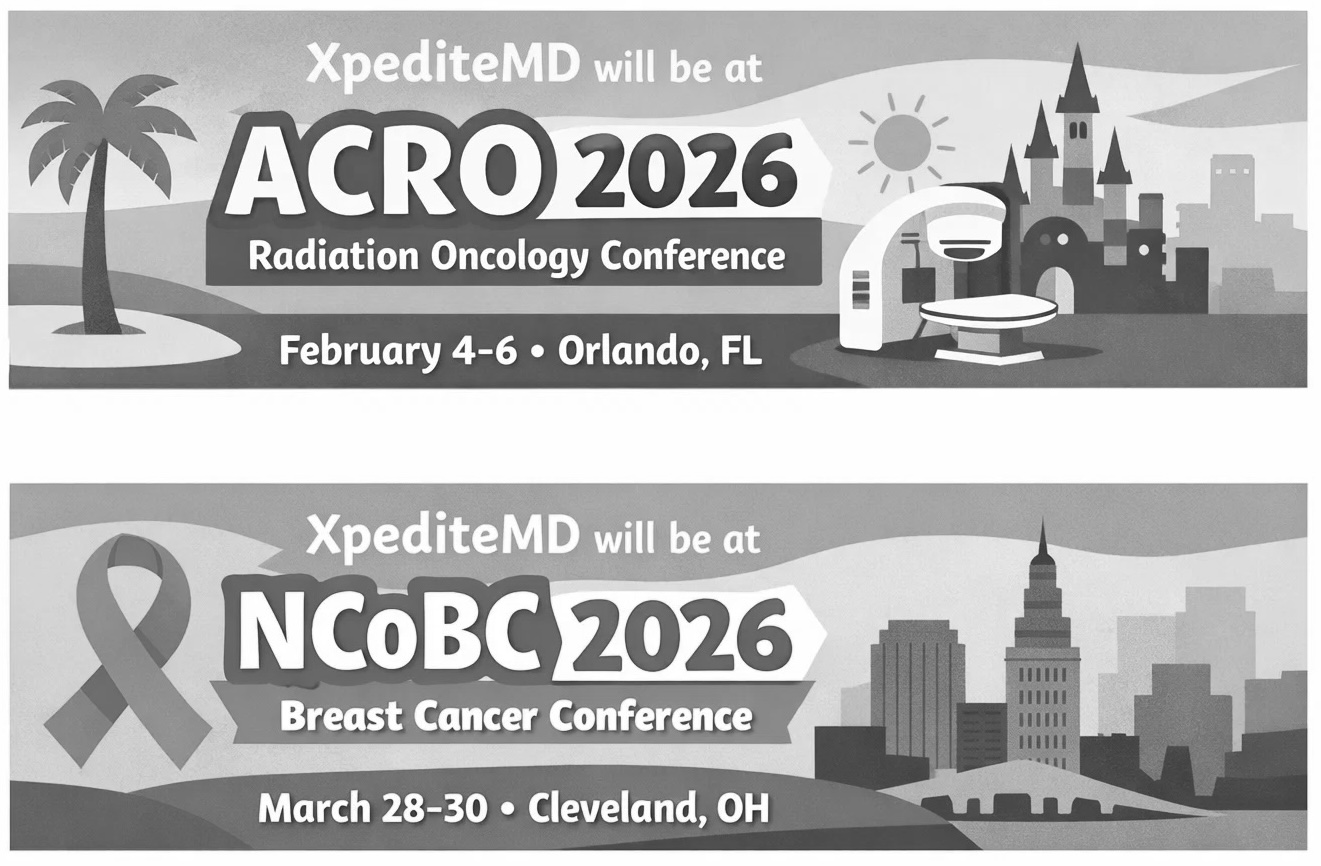SEPTEMBER 2024, BOSTON, MA
In trauma, stroke, and heart attack care, the “golden hour” has long defined the critical window where rapid treatment can save lives. But what if cancer care adopted the same urgency?
A new article published in the Journal of Clinical Pathways by Dr. Dennis Holmes and colleagues makes a powerful case for doing exactly that. Drawing on decades of data, the authors show that treatment delays as short as 30 to 60 days can significantly lower survival in early-stage cancers—including breast, lung, and colon.
Key Takeaways:
- Delays kill: A 60+ day delay in breast cancer surgery can cut 5-year survival by 15%—and even more for younger or uninsured patients.
- The emotional toll: Prior authorization delays don’t just hurt outcomes; they erode trust and cause anxiety in already vulnerable cancer patients.
- Digital solutions can help: Platforms like XpediteMD demonstrate how clinical pathways and automated workflows can cut time to treatment by up to 77%.
Why It Matters
Timely, high-quality cancer care isn’t just a clinical issue—it’s an equity issue, a quality issue, and a cost issue. Embedding time-based goals into cancer pathways and leveraging technology to meet them may be one of the most impactful steps healthcare systems can take.
Read the full article: https://www.hmpgloballearningnetwork.com/site/jcp/research-reports/time-treatment-and-golden-hour-why-they-matter-and-how-clinical-pathways







